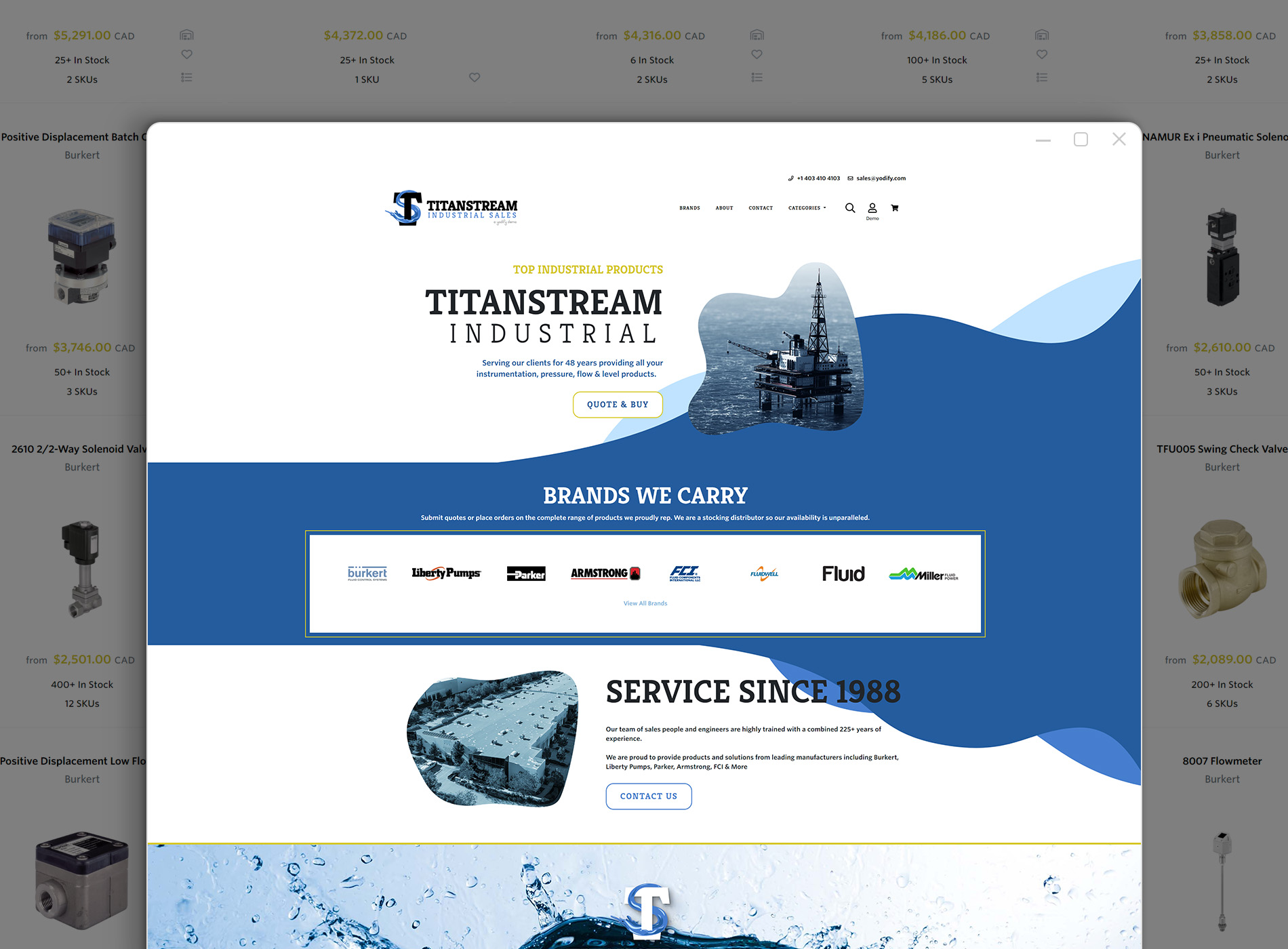Yodify Product Library
Instantly add the D-Rings and 50,000+ more product series to your store or catalog
Book Your Demo and See How
or create your store
D-Rings
Brand: Parker HannifinParker's D-Rings provide a cost effective alternative to traditional sealing in radial seal applications. They can be used in static, reciprocating or oscillating applications in the most extreme environmental conditions.
Parker's D-Rings are designed to replace traditional seals in radial seal applications. With bidirectional sealing capability, Parker's D-Ring provides exceptional sealing for static, reciprocating or oscillating, radial seal applications.
The rectangular base of Parker D-Rings offers stability as the piston or rod oscillates, preventing seal rolling and the leaks or seal failures commonly associated with a rolled or twisted seal.
Machined D-Rings also eliminate the potential for leakage which can appear at molded seal parting lines in dynamic applications. Machined D-Rings frequently provide a cost advantage com¬pared with traditional seals.
Due to the unique D-Ring manufacturing process, larger D-Rings can be produced at a lower cost than comparable molded seals.
D-Rings can be used in automotive and heavy-duty pow-ertrains, as well as any reciprocating or sliding application where low-drag seal¬ing is important.
Specifications
Brand
Applications
- Clutch, Transmissions, Differentials
Fluid Compatibility
- Transmission Fluid, Gasoline, Diesel, Gear Oil
Hardness
- 70 to 90
Markets
- Automotive
Polymer Family
- Ethylene Acrylate (AEM), Fluorocarbon (FKM, FPM)
Thermal Application (°C)
- Low & High Temperature (< -30° C, > 121° C)
- Clutch
- Transmissions
- Differentials
Documentation
Document
- Advanced FKM for Transportation Fluids pdf 272 KB
- Coolant Resistant FKM pdf 5.1 MB
- Custom Molded Shapes pdf 364 KB
- Engineered Seals Division pdf 660 KB
- ESD Standard Compound List pdf 205 KB
- Material Optimization by Design pdf 463 KB
- Parker Low Drag D Rings pdf 307 KB
- Sealing Shielding Capabilities Guide pdf 3.3 MB
- UL Listed Compounds pdf 197 KB


